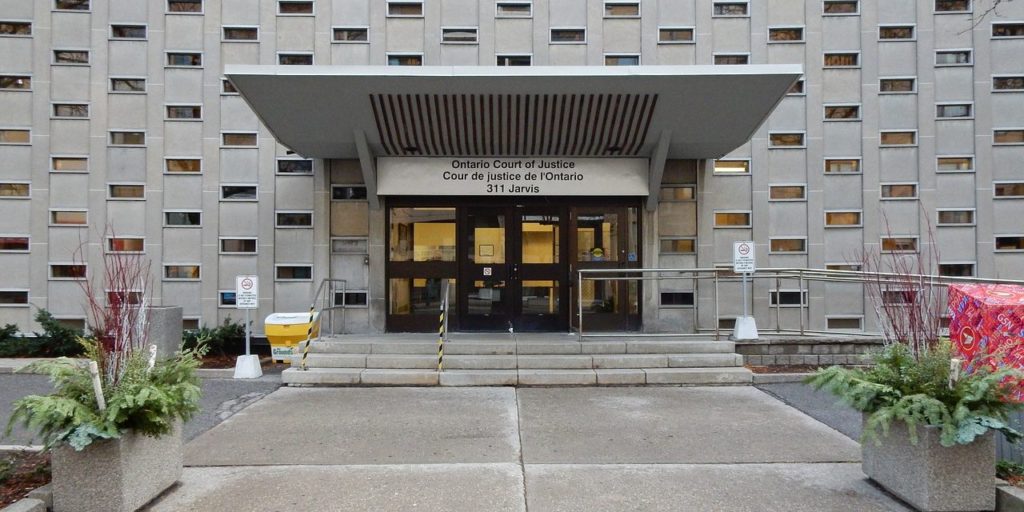- Lifetime licence bans are needed to fight drinking and driving - January 6, 2021
- Tinted windows in automobiles: are they permitted in Ontario? - August 7, 2020
- Recent cycling deaths point to a need to make roads safer - July 27, 2020
If civil juries are to continue in this age, there must be checks and balances surrounding bias and impartiality, Toronto critical injury lawyer Patrick Brown writes in The Lawyer’s Daily.
“What happens at the end of a jury case would not matter so much if we ensured that jurors were screened for bias at the beginning. Unfortunately, in Ontario and other Canadian jurisdictions, we have no real mechanism to do that,” writes Brown, a partner with McLeish Orlando LLP.
He notes that in Ontario, the Juries Act allows challenges based on eligibility such as citizenship, criminal record, age or a personal interest in the action but when it comes to whether a juror is “impartial or biased,” there is no mechanism to weed them out.
“Under s. 108 of the Courts of Justice Act, the judge may discharge a juror on grounds of ‘illness, hardship, partiality’ but partiality is not defined nor is a process in place to determine such,” he writes in the second in a two-part series.
Different system in U.S.
Unlike the United States, lawyers here don’t have the ability to conduct a voir dire and ask questions to potential jurors. Brown says there are checks and balances for judges but nothing similar for jurors.
“Judicial applicants are thoroughly screened well before they take the bench. Each and every decision is written and reviewable. Bias and impartiality are screened and scrutinized by our appeal courts and bodies that oversee the conduct of judges,” he says. “Not only is real bias reviewed, but so is the apprehension of bias.”
Canadian jurisprudence has firmly established a strong presumption that jurors are capable of setting aside their views and prejudices and acting impartially, Brown writes, and is the reason there is little if any review. He points to this case as an example.
Stringent test
“The presumption is very difficult to dislodge due to the stringent test to be applied and the limited information about the jurors,” he says. “The four challenges that are granted to counsel are nothing more than guesswork based on the name, address and occupation which is the only information made available.”
Brown writes that if civil juries are to continue in this age, there must be checks and balances surrounding bias, partiality and the use of out-of-court information.
“The present law is not sufficient and judges are restricted on what they can do. Not only will legislative intervention be required (such as voir dires) but additional resources will be needed,” he writes. “If those resources are not available, or there is no desire to bring change due to delay in an already overburdened system, then unfortunately it is time to dispense justice without juries in civil matters.
“Impartiality should not be gambled with,” he adds.

